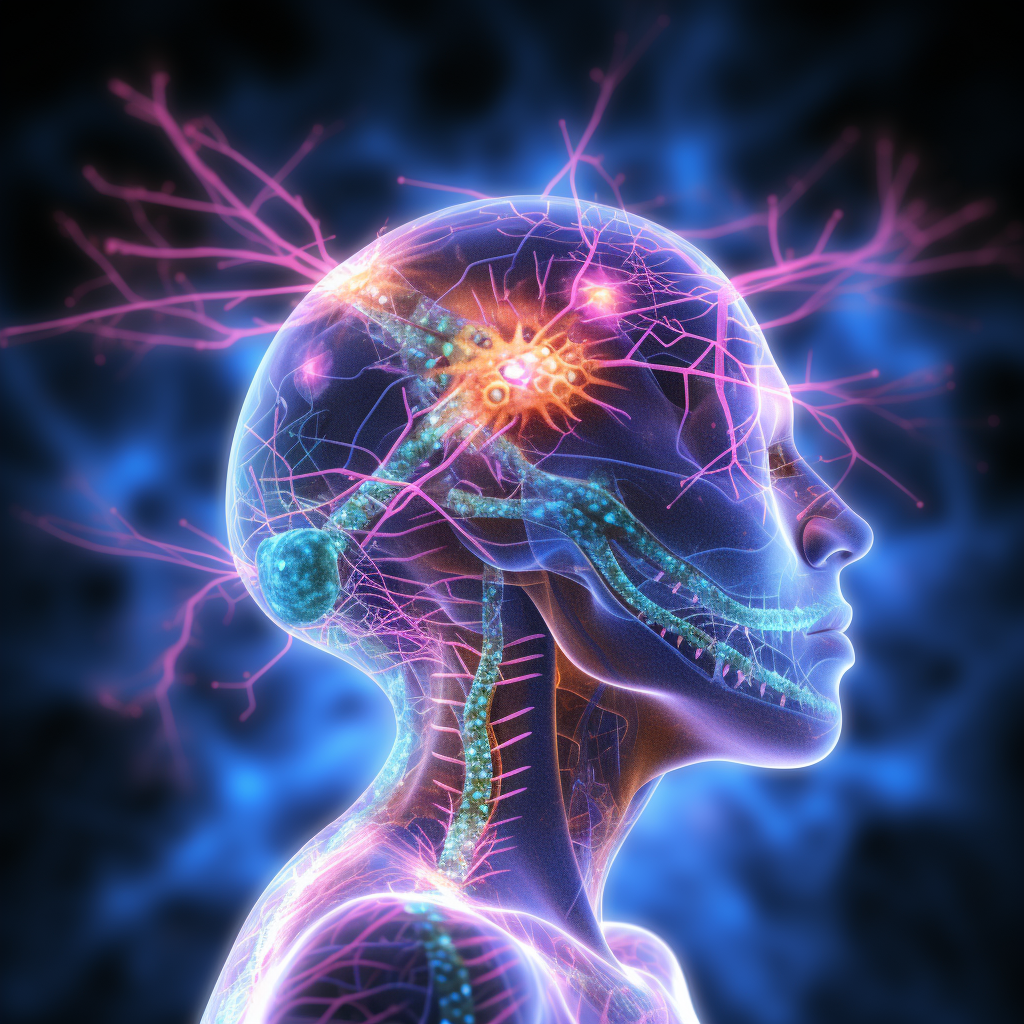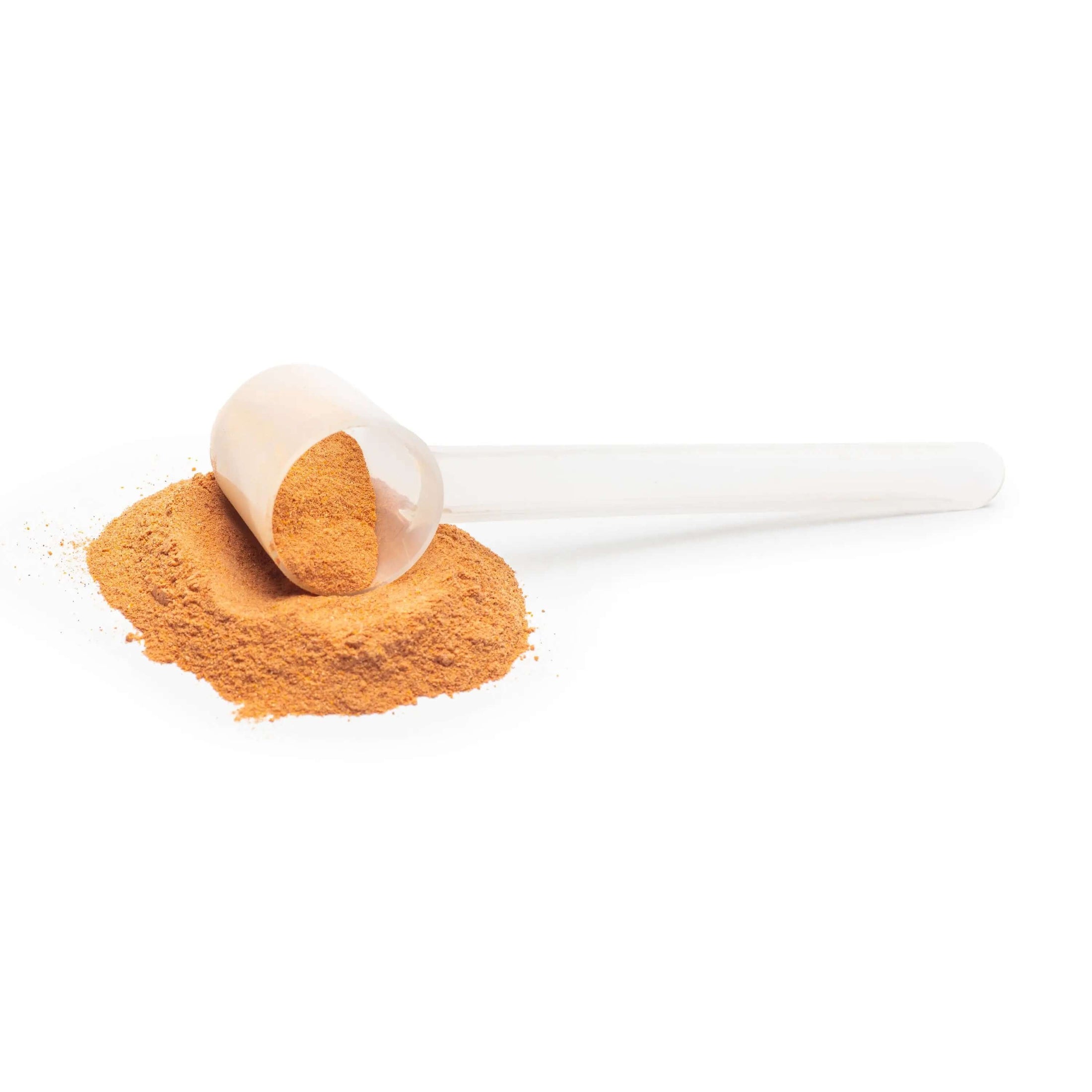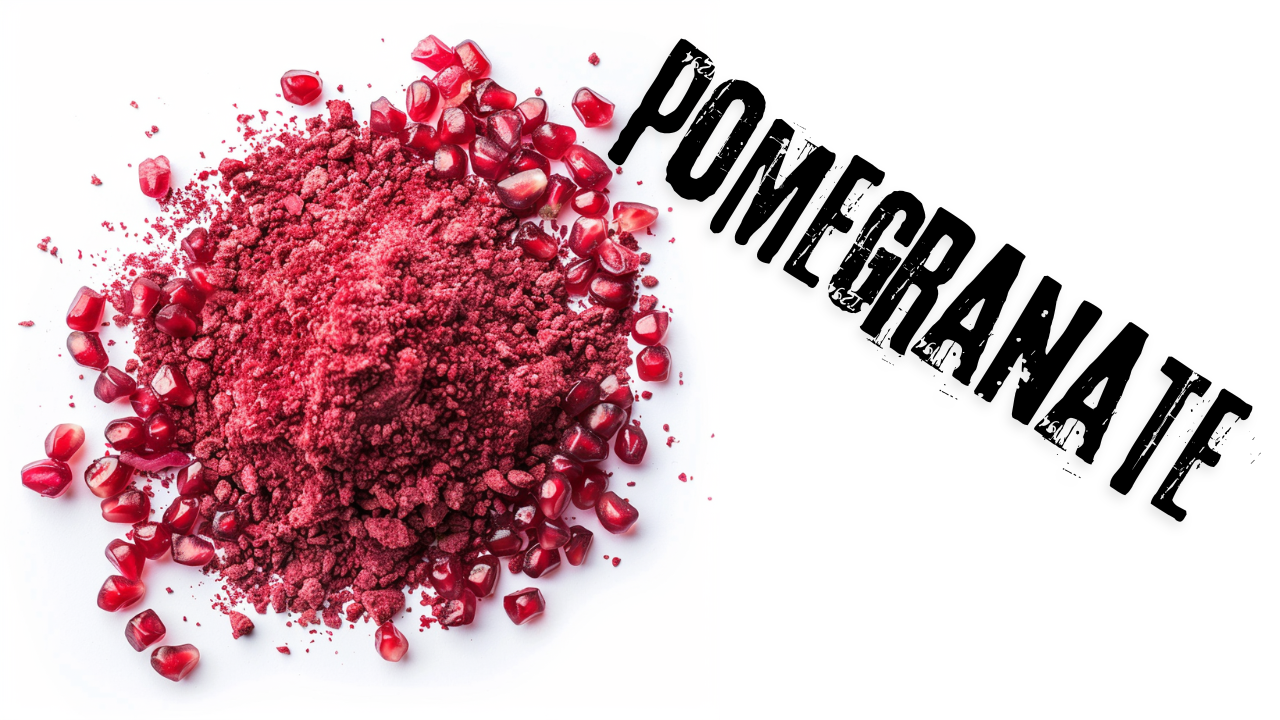Probiotics, commonly known as "good" or "beneficial" bacteria, are known for their role in promoting a healthy gut microbiome. However, recent research has uncovered a fascinating connection between these gut microbes and the central nervous system (CNS), a relationship often termed the "gut-brain axis." This connection is complex and involves multiple pathways, including neural, endocrine, immune, and metabolic routes. Let's delve into the scientific details of how probiotics can influence the CNS:
1. The Gut-Brain Axis
-
Neural Pathways: The enteric nervous system (ENS) in the gut is often called the "second brain" due to its vast network of neurons. The ENS communicates with the CNS through the vagus nerve, the primary route of the gut-brain communication. Probiotics can influence the activity of the vagus nerve and, consequently, affect CNS functions.
-
Neurotransmitter Production: Many gut bacteria are capable of producing neurotransmitters, like serotonin, GABA (gamma-aminobutyric acid), and dopamine, which play key roles in mood regulation and cognitive functions. For instance, it's estimated that 90-95% of the body's serotonin is produced in the gut.
2. Endocrine Pathways
-
Stress Response: The hypothalamic-pituitary-adrenal (HPA) axis is a major part of the body's stress response system. Dysregulation of the HPA axis is associated with various psychiatric and neurological disorders. Probiotics can modulate the HPA axis, potentially reducing stress-induced responses and mitigating the risk of these disorders.
-
Inflammatory Response Regulation: Probiotics can influence the release of cytokines, which are signaling proteins involved in the body's immune and inflammatory responses. Since chronic inflammation is linked to several CNS disorders, probiotics may play a role in managing or preventing these conditions.
3. Immune Pathways
- Immune System Modulation: The gut microbiome plays a crucial role in the development and function of the immune system. Probiotics can enhance mucosal immunity, thereby impacting systemic immune responses that have implications for CNS health.
4. Metabolic Pathways
- Metabolite Production: Gut bacteria, including probiotics, produce metabolites like short-chain fatty acids (SCFAs), which have various effects on brain health. SCFAs can modulate the blood-brain barrier integrity, influence neuroinflammation, and affect brain signaling.
5. Psychobiotics
- A New Class of Probiotics: Some researchers refer to certain probiotics as "psychobiotics" when they have a demonstrated effect on mental health. These probiotics can potentially influence mood, anxiety, and cognitive functions.
Conclusion
The interaction between probiotics and the CNS is a burgeoning field of research. The gut-brain axis presents a complex interplay involving neural, endocrine, immune, and metabolic pathways. By modulating these pathways, probiotics have the potential to influence brain function and overall mental health. However, it's important to note that while the research is promising, it's still evolving. The exact mechanisms, ideal probiotic strains, and dosages for specific CNS effects are areas of ongoing investigation.
Understanding the gut-brain axis opens new avenues for potentially treating or managing various neurological and psychiatric disorders through gut microbiota modulation. However, as with any emerging field of science, more research is necessary to fully understand these interactions and to translate them into effective clinical applications.























